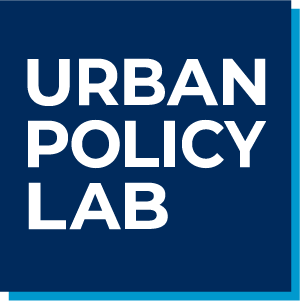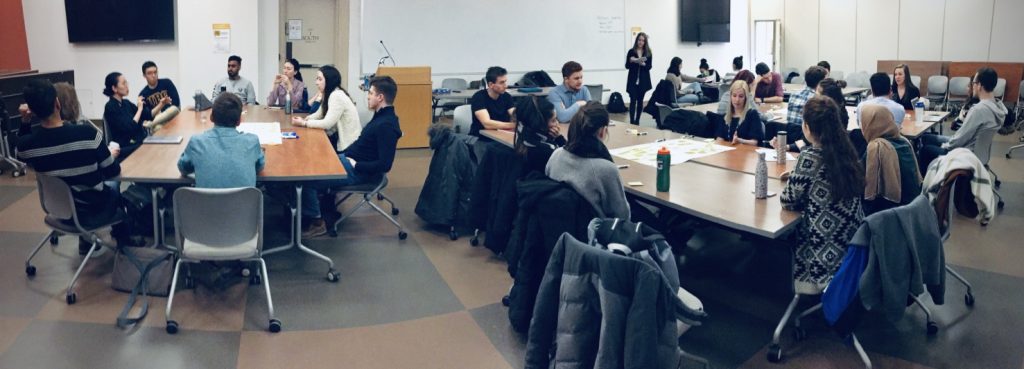
As part of the Munk School’s MPP Professional Development Week, on January 16th, the Urban Policy Lab organized Urban Policy Career & Skills Development Day, a full day of interactive panels and small-group workshops to help MPP students gain specialized skills and knowledge relevant for a career in urban policy.
Nearly 100 first- and second-year MPP students participated in sixteen hours of concurrent programming, organized into eight different activities. Sessions tailored for first-year students highlighted career opportunities in urban policy and helped prepare students for internship opportunities related to the municipal sector. For second-year students, workshops focused on specialized topics, such as infrastructure planning, regional growth management, and municipal budgeting, delivered by urban policy practitioners (and in many cases, MPP alumni) working at all levels of government.
Below is a recap of the day’s events.
Urban Policy Career Paths
Facilitated by:
Vasiliki (Vass) Bednar, Senior Policy Associate, Airbnb (MPP ‘10)
Anna Hodgins, Executive Assistant, Assistant Deputy Minister’s Office, Ministry of Municipal Affairs (MPP ‘14)
Jessica Stanley, Senior Policy & Research Officer, Municipal Licensing and Standards, City of Toronto (MPP ‘15)
Selena Zhang, Manager, Strategic Initiatives, United Way Greater Toronto (MPP ‘14)
This session for first-year students highlighted potential urban policy career paths through a roundtable exercise. Students sat at one of four tables, each representing a different sector (municipal, provincial, not-for-profit, and private sector). Discussion at each table was led by an alumni leader working in the sector, who answered questions and helped students appreciate the exciting urban policy issues students might encounter in the field, and the skills necessary to both land a job and succeed in the sector.
Preparing for Municipal Internships
Facilitated by MPP2 panel of municipal interns: Sam Jerez, Breanne Bateman, Eunice Kays
This session engaged first- and second-year students in an active discussion regarding internships with municipal governments. First-year students were divided into four different groups, each led by a second-year student with internship experience at the municipal level, who provided useful tips regarding application processes and interviews, as well as strategies to make the most out of the experience. The session also marked the release of the Urban Policy Lab’s Municipal Handbook, a guide for students interested in municipal government about how city government works, along with tips on how to have a meaningful internship experience.
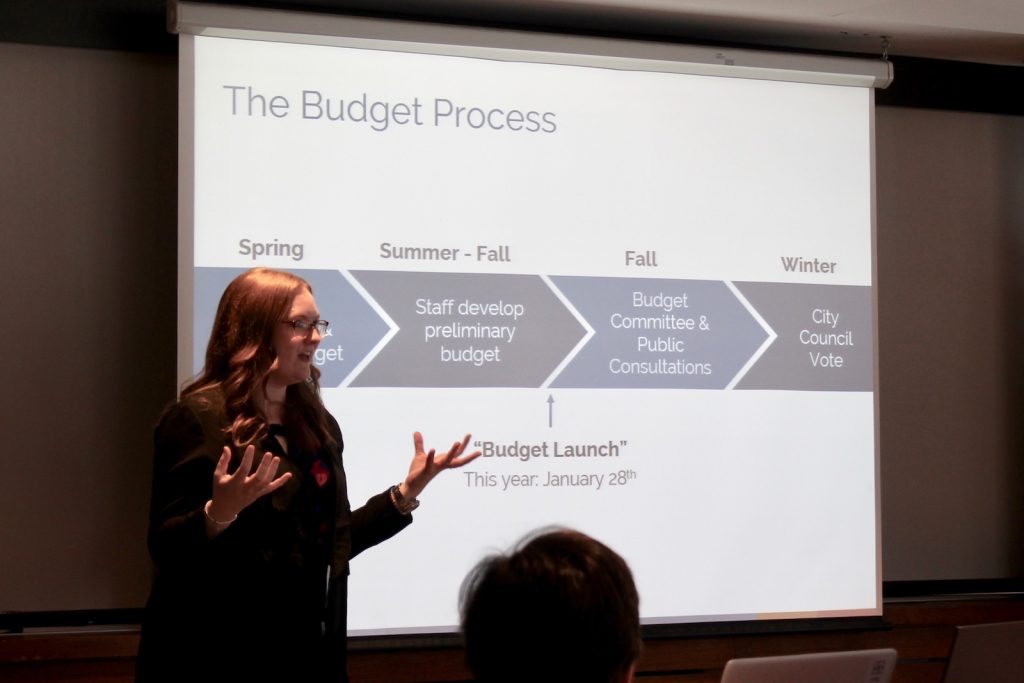
Municipal Budgeting
Led by Lauren Birch, Financial Planning Analyst, City of Toronto (MPP ‘17, pictured above)
Using case studies and interactive activities, this session for second-year students was designed to demystify the municipal budgeting process. Students worked with real-world budget documents and financial reports, were guided through key concepts and terms, and were offered tools, resources, and tips on how to cost out programs and assess the financial impact of policy proposals.
Infrastructure Planning and Costing
Led by Drew Fagan, Professor, Munk School, and former Deputy Minister of Infrastructure, Government of Ontario
With guidance from former Ontario Deputy Minister of Infrastructure, Drew Fagan, second-year students experienced first-hand the planning process involved in formulating a long-term infrastructure plan. Taking on the role of policy advisers to Ontario Minister of Infrastructure Monte McNaughton, tackled questions regarding the viability of designing a new long-term infrastructure plan, rather than simply amending the current plan, and suggested priority investments. The recommendations that came out of this activity were forwarded by Professor Fagan to the Ministry of Infrastructure for consideration.
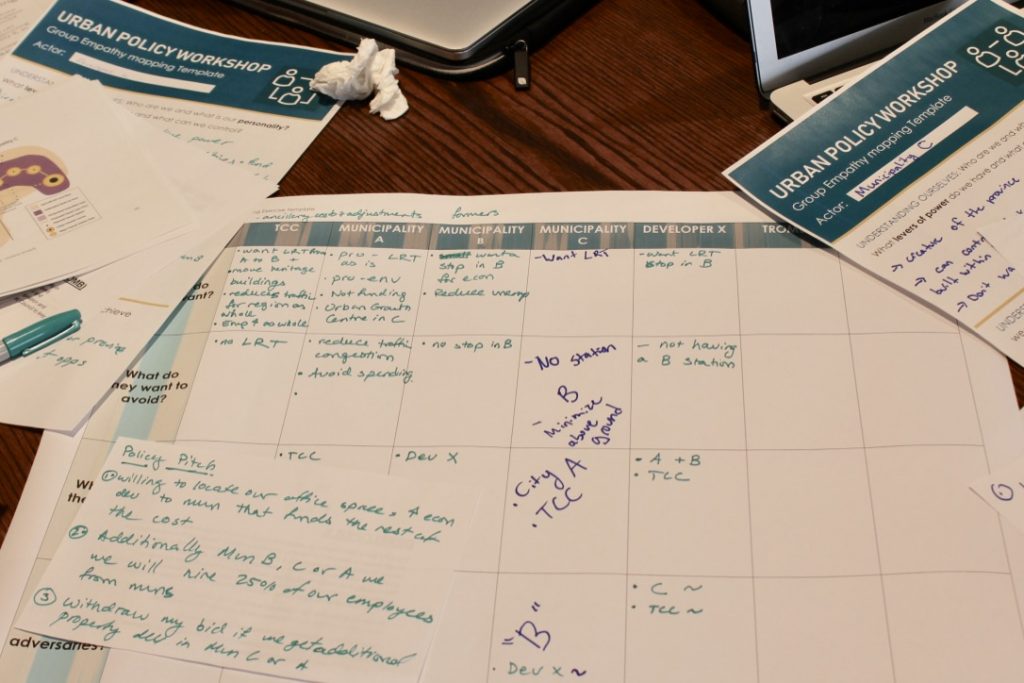
Regional Growth Management
Led by Adam Didycz, Donna Diakun, and Kyle Pakeman from the Ontario Growth Secretariat’s Partnerships and Consultation Branch
How do we create good regional land use policies that will stick? In this session, second-year students learned about provincial policies and risk management strategies intended to manage urban growth through a hands-on policy “wind tunnelling” activity. The workshop explored a variety of municipal policies and (dis)incentives that hinder policy implementation and regional coordination on important growth related policy issues.
Urban Planning for Policy Students
Led by Carolyn Kim, Director of City Building, Pembina Institute (MPP ’14)
This session for first-year students, led by Carolyn Kim, a registered professional planner, highlighted how urban planning practices underpin many of today’s most pressing policy issues, such as housing, transit, equity and inclusion, and health. Students were guided through important pieces of planning legislation, and the process by which planning policy is made.
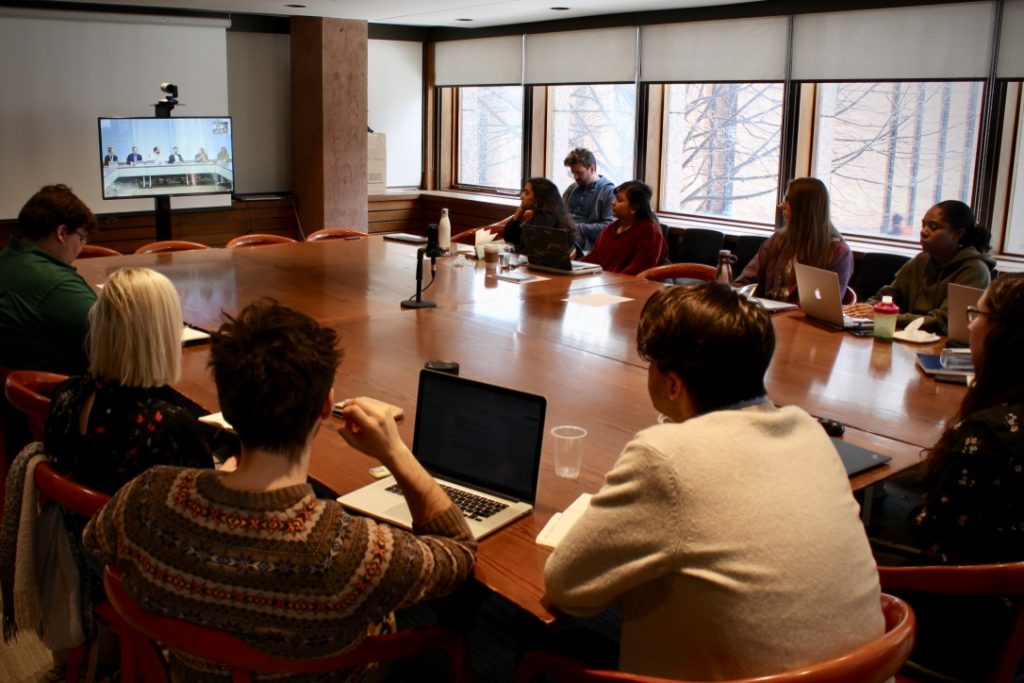
Federal Perspectives on Urban Policy
Via videoconference:
Gerard Peets, Assistant Deputy Minister, Policy and Results Branch, Infrastructure Canada
Ashley Thorvaldson, Senior Policy Analyst, Sectoral Policy, Infrastructure Canada
Jessica Alén, Senior Policy Analyst, Sectoral Policy, Infrastructure Canada
Moderated by Junior Policy Analysts Kayla Ishkanian (MPP ’18), Scott Surphlis (MPP ’18), and Brett Donnelly (MPP ’18)
In this interactive videoconference session, organized and moderated by MPP alumni working in Ottawa, policy leaders and practitioners at Infrastructure Canada reflected on the urban policy challenges the federal government is grappling with, as well as advised students on federal job opportunities that focus on cities, and the skills necessary to take advantage of these opportunities.
Project Management Skills
Led by Indro Bhattacharyya, Planner, Peel Region
This session provided second-year students with the basics of project management in the municipal sector through an intensive workshop led by Indro Bhattacharyya from the Region of Peel. Students were asked to develop a work plan to address a scenario regarding Council’s desire for a new framework regulating where shelters can be located. Students were able to consider, address and build-on project management components to create a project management plan.
